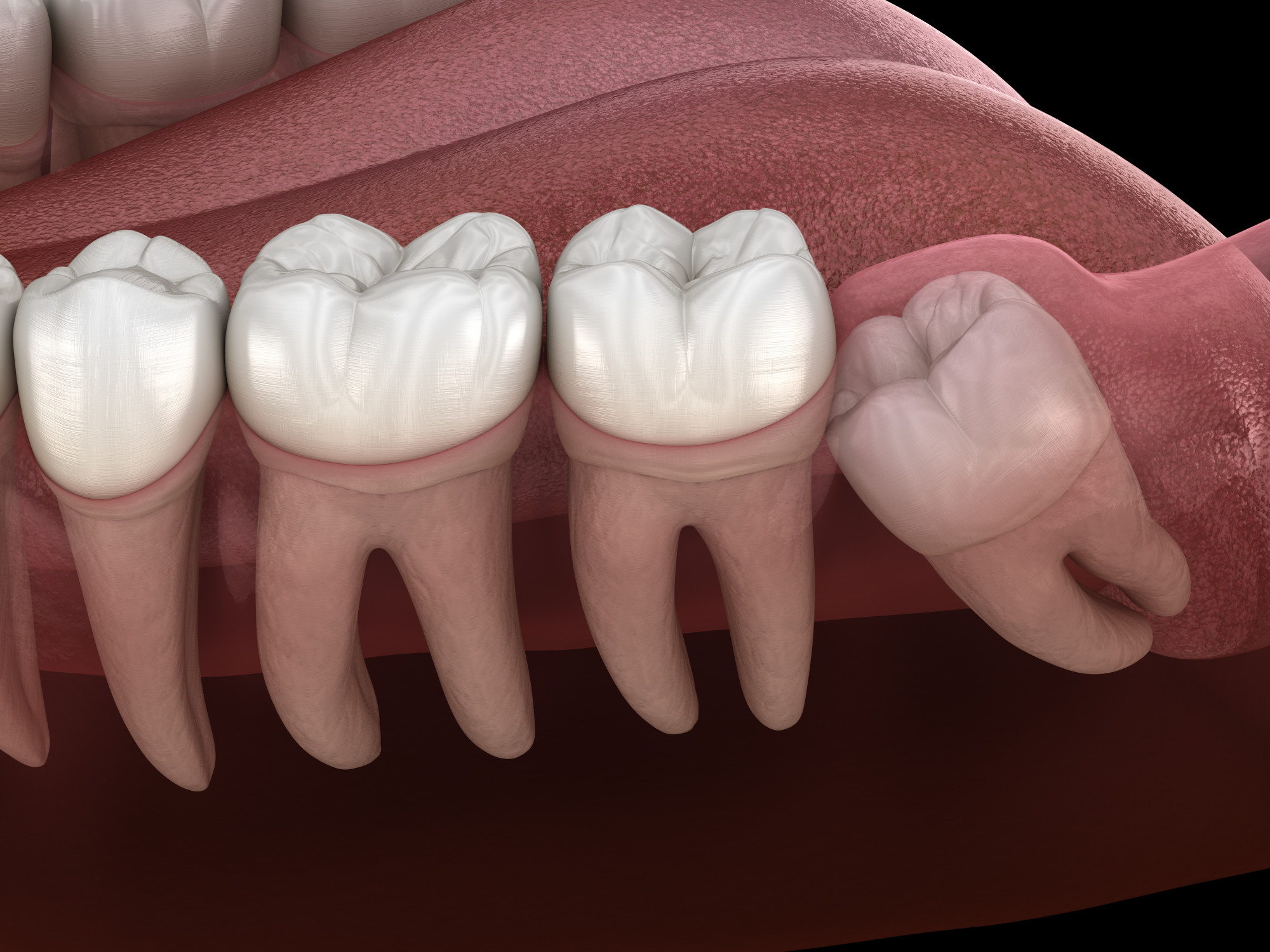Are your wisdom teeth giving you oral health issues?
Wisdom teeth are the last ones that grow in our mouths and usually appear in late teens and early adulthood. They typically emerge below the gums but can appear above.
Most people have room for their wisdom teeth, but sometimes, they may get impacted. When wisdom teeth are impacted, it can cause oral health issues and pain. This can happen when it grows sideways or backward.
You may experience pain, swelling, infections, and more. But we don’t want that!
Here’s what you need to know about the signs to watch out for if you need wisdom teeth removed. Read on!
Clear Indicators of Wisdom Tooth Impaction
Wisdom teeth issues are a common cause of discomfort for many young adults. It can be hard to know when it’s time to take the next step and have them removed. So we will help you to identify the seven signs that you may need your wisdom teeth removed.
1. Swelling
One of the surest signs that you need your wisdom teeth removed is if there is swelling in the area around your wisdom teeth. When wisdom teeth start to come in, they sometimes don’t have enough room in the jaw to fit properly, resulting in them being “impacted” beneath the gumline. This pressure can cause a great deal of swelling in the area around the wisdom teeth.
Swelling can also be accompanied by pain and redness around the wisdom teeth. This can make it difficult to swallow and chew food, as the gums may feel sore to the touch. In addition, if the area remains swollen for more than a few days without going down, it’s essential to see a dental professional for a proper evaluation.
2. Bad Breath
It is caused by the development of pus in the pockets around your teeth and gum line, making it difficult for the bacteria to get out and for saliva to keep your mouth clean. As pus accumulates, it will start to smell and contribute to overall bad breath.
This could also be accompanied by pain and an overall bad taste in the mouth. Regular brushing and flossing can help, but it may be necessary to have the wisdom teeth removed to alleviate the cause of the bad breath.
3. Gum Inflammation
Gum inflammation, also known as gingivitis, is a common sign that you need to have your wisdom teeth removed. When gums become inflamed, they may swell and bleed more easily with daily activities.
In the early stages of gingivitis, the condition can be reversed by carefully brushing, flossing, and rinsing with a mouthwash that has a concentrated amount of fluoride. If the condition is allowed to progress, however, your dentist may recommend that you have your wisdom teeth removed as soon as possible to prevent the spread of bacteria and further damage.
4. Difficulty Opening The Mouth
The pain and pressure caused by the wisdom teeth can cause the muscles around your jaws to tense up, making it difficult for you to open your mouth. This can interfere with the ability to speak or eat properly and may cause jaw strain or locking.
Without tooth removal, the problem can worsen and lead to infection, pain, or even nerve damage. Additional dental x-rays may be required to confirm that wisdom teeth are the cause of the difficulty.
5. Visible Tooth Decay
Wisdom teeth often protrude through the gums and push overcrowded teeth against each other. This can lead to difficult-to-reach areas for brushing, and if these cavities become visible, decay can set in. Also, when wisdom teeth become impacted, dental care is harder to give to other teeth, which can lead to visible tooth decay.
6. Recurrent Infection
When bacteria become trapped behind these teeth, the infection may become more severe and lead to recurrent infection. If left untreated, the bone and tissue can become damaged. Symptoms of recurrent infection in the area of the wisdom teeth are mentioned above, and it may include toothaches, pain when opening or closing the mouth, swelling, and bad breath.
7. Cysts and Tumors
Cysts and tumors can form around the wisdom teeth when there isn’t enough room for the teeth to erupt properly. These cysts and tumors can cause significant pain if not taken care of. Additionally, if left untreated, they can lead to significant problems such as bone loss, dental abscesses, or, even worse, infection.
If you have any symptoms that could be associated with potential cysts and tumor formation around your wisdom teeth, such as swelling, redness, or frequent headaches, it’s vital to consult with your physician. In some cases, the removal of wisdom teeth is the only way to properly take care of the cysts and tumors that have developed.
Post-removal Recovery and Aftercare
Immediately after the procedure, swelling and bruising are normal. You may experience soreness or discomfort in the jaws, cheeks, and gums. It’s important to rest after the procedure and avoid strenuous physical activity until your mouth has healed.
Additionally, you may experience some bleeding as the extraction site heals. You can control this with gauze and apply direct pressure to stop the flow. You may also find it helpful to bite down on a cold, wet cloth for relief.
Eating should be avoided for at least 24 hours, but afterward, stick to soft foods, such as soup, yogurt, and mashed potatoes, until your mouth has healed completely. Keep your mouth clean by rinsing with salt water several times a day and taking prescribed antibiotics as directed.
Wisdom Teeth Removed: The Things You Need To Know
It’s essential to pay attention to your teeth and your body. If you have pain, swelling, jaw stiffness, or other signs of wisdom teeth coming in, it’s best to consult your dentist. Removal is a safe and effective way to prevent more serious oral health issues, so don’t delay in seeking help.
Talk to your dentist today to see if you need your wisdom teeth removed and if it is a viable option for you.
Don’t forget to browse our site for advice on food, fitness, and more!





Leave a Reply
You must be logged in to post a comment.